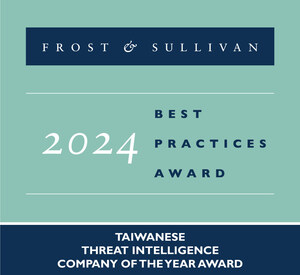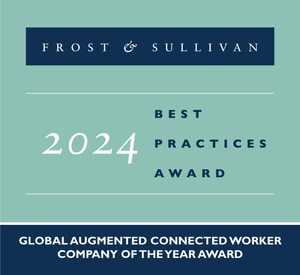Technology Advancements to Conquer the Precision Medicine Market
Chimeric Antigen Receptor (CAR) T Cell therapy prove effective in treating hematological cancers, with close to 90% clinical response rate
SANTA CLARA, California, Jan. 17, 2018 /PRNewswire/ -- Targeted and personalized therapeutics are likely to alter the existing precision medicine landscape. After the landmark US Food and Drug Administration (FDA) approval of Novartis' CAR T-cell therapy, Kymriah, Frost & Sullivan finds that extensive work in CAR-T cells will fuel the development of transformative treatments. The FDA approval of Kymriah and other T-cell engaging antibody platforms will spur continued investment in, and development of, unique CAR T-cell therapy platforms across research and clinical settings.
Frost & Sullivan's analysis, Technologies Driving Precision Medicine, reveals that, in terms of technological challenges, CAR-T therapies will be expensive initially due to high production costs. However, the pricing may decrease with future technological advancements. In addition to price concerns, there is a challenge of managing of cytokine release syndrome, an adverse event related to T-cell therapies.
To access more information on this analysis, please visit: http://frost.ly/24f
"Cytokine release syndrome (CRS) is a life-threatening adverse event induced by CAR T-cell therapy, and it is one of the key setbacks impairing CAR T efficacy. However, with the recent US FDA approval of Roche's Actemra/RoActemra (tocilizumab) for CRS, there's new hope for the management of CAR T therapy induced CRS," said Vandana Iyer, TechVision Senior Research Analyst.
CAR-T therapies have proven effective against hematological cancers, with close to a 90% clinical response rate, including infants. Advances in enabling technological platforms will also continue to increase the efficacy of CAR T-cell therapies. For example, gene editing is allowing researchers to modify the CAR genes by knocking out proteins or other functions in the T-cells, which will help make the T-cells more resistant to immunosuppression. To drive further growth in the market, Frost & Sullivan determines that collaborations with biotech innovators and insurance providers will help accelerate product development and adoption.
"To address cost issues, companies should also develop strategic techniques that use cost-effective and scalable manufacturing platforms, which can help enhance savings on production costs, while also ensuring larger production volumes," said Iyer.
Technologies Driving Precision Medicine is part of Frost & Sullivan's global TechVision (Health & Wellness) Growth Partnership Service program.
About Frost & Sullivan
Frost & Sullivan, the Growth Partnership Company, works in collaboration with clients to leverage visionary innovation that addresses the global challenges and related growth opportunities that will make or break today's market participants. For more than 50 years, we have been developing growth strategies for the global 1000, emerging businesses, the public sector and the investment community. Contact us: Start the discussion
Technologies Driving Precision Medicine
D7CB_TV
Contact:
Mariana Fernandez
Corporate Communications – North America
P: +1 (210) 348 1012
E: [email protected]
www2.frost.com






Share this article